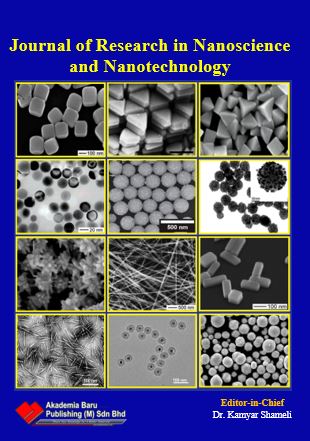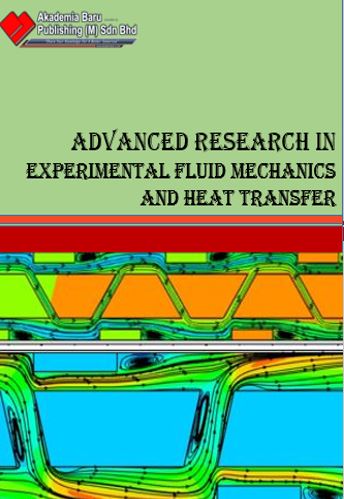Oil Palm Empty Fruit Bunches (EFB): Influence of Alkali and Acid Treatment on the Mechanical Properties of Medium Density Fibreboard (MDF)
Keywords:
Empty Fruit Bunches (EFB), Sodium Hydroxide (NaOH), Acetic Acid, Bending Strength, Internal BondingAbstract
Empty Fruit Bunches (EFB) are abundance residues from palm oil plantation was recognised as a potential material for manufacture such as particleboard and medium density fibreboard (MDF). The objective of this study is to identify and assess the potential effects of chemical treatment and concentration on the mechanical and bonding properties of MDF from EFB oil palm fibres. The EFB fibres were treated at 0.2, 0.4, 0.6 and 0.8% of sodium hydroxide (NaOH) and acetic acid (CH?COOH), and the fibres were used in the MDF production. Mechanical test included modulus of rupture (MOR), modulus of elasticity (MOE) and internal bonding (IB) were conducted. Between the chemical treatment and the concentration, the chemical types used had a more prominent effect compared to the concentration. This study also shows that both treatments resulted in different MDF performance, where acid acetic fibre produced better bending and bonding properties. The optimum condition was 0.4% for NaOH and 0.6% for CH?COOH to produced panels with good strength and better dimensional stability. Such sample for 0.4% NaOH had 17.9 MPa, 1297 MPa and 0.48 MPa, and for 0.6% CH?COOH had 22.1 MPa, 1641 MPa and 0.56 MPa, for MOR, MOE and IB, respectively.





